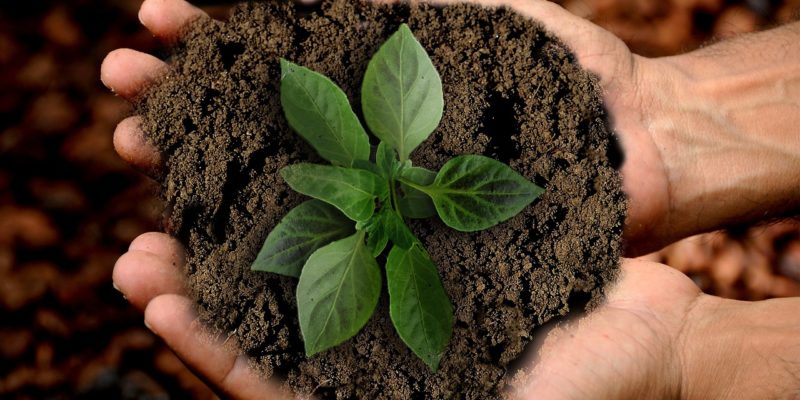I’ve been wrestling with the emerging field of sustainable entrepreneurship, which has its origins in the idea of sustainable development that grew from this conservation and environmental movement of In the 1970s, so I undertook a brief analysis to attempt and comprehend the concept further. A Google search of sustainable growth yields 30,600,000 web sites, references and/or citations posted on the internet suggesting substantial interest in all facets of what constitutes’sustainable’.
This was and has been the basis of sustainability that has generated a multitude of social-economic moves, none as more popular as sustainable growth. Wikipedia [I am not fond of this internet site, but it does serve a function in providing quick accounting of a topic ] clarifies that sustainable development ties together concern for the carrying capacity of natural systems; that’s the load capacity of character to support all life, i.e., natural resources, and human challenges of economic growth.
Dating in the 1970s when the concept emerged with regard to establishing limits on improved expansion, the term”sustainability” was and is used to combine ecology and economic development, with terms such as limits to growth’ and’stable state market’ contributing to the environmental movement that resulted in wholesale changes in construction and zoning codes throughout the nation concerning economic growth, especially The concept that we have unlimited resources to be developed was challenged by the more recent notion of limited resources that have to be wisely developed in concert with nature has led to competing forces that have shaped our economic growth during the past forty years.
Practitioners of sustainable growth consider it to have three components: environmental sustainability, economic sustainability, and sociopolitical sustainability. Special interest groups on either side of the spectrum have laid claim to this particular concept to perpetuate their own agendas. However, a common-sense approach, in my mind, has always been the favored, especially when we almost wholeheartedly concur in the modern world that there’s a natural limit to sources That said, I firmly believe that the free market has and will continue to be the ideal place in which to let the mix of economic growth with sustainable.
A good example of how the free market is used to achieve sustainability is the work initiated by the Santa Fe Institute’s Dr. Brian Arthur who implemented natural principles of biology to the study of economics, specifically economic growth; which is known as the Santa Fe Approach’. Arthur was very interested in describing how economic markets operate, how business forms, when it comes to the natural world, and the way the human organization, so as to grow, needs to adapt and assimilate to its environment, continuously adjusting to changes. The’The Santa Fe Approach’ was a top concept that helped to pave the way for a new field in economics known as ecological economics’. The concept of sustainable development has been furthered improved by the new field of environmental economics popularized by Dr. Robert Costanza who founded the International Society for Ecological Economics (ISEE) and completed much of the founding study in the University of Maryland


